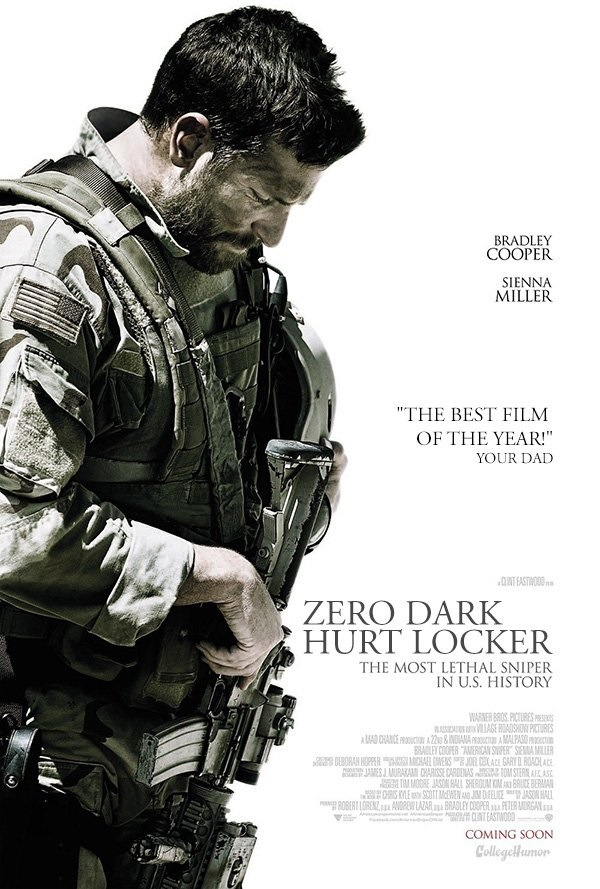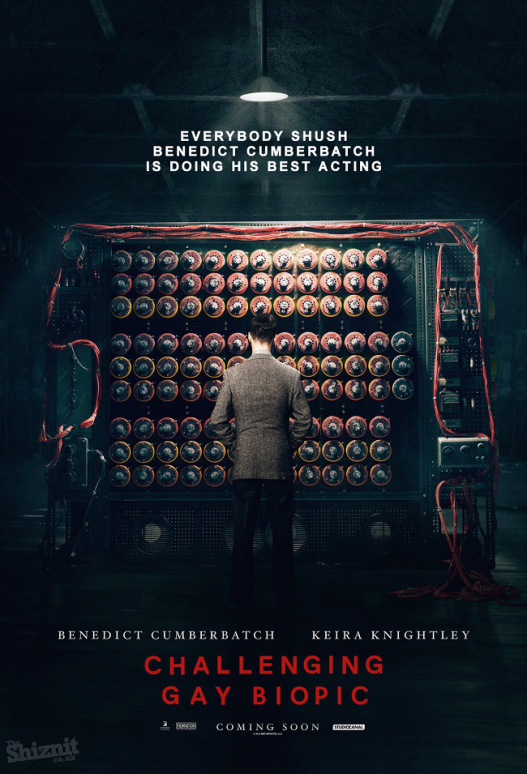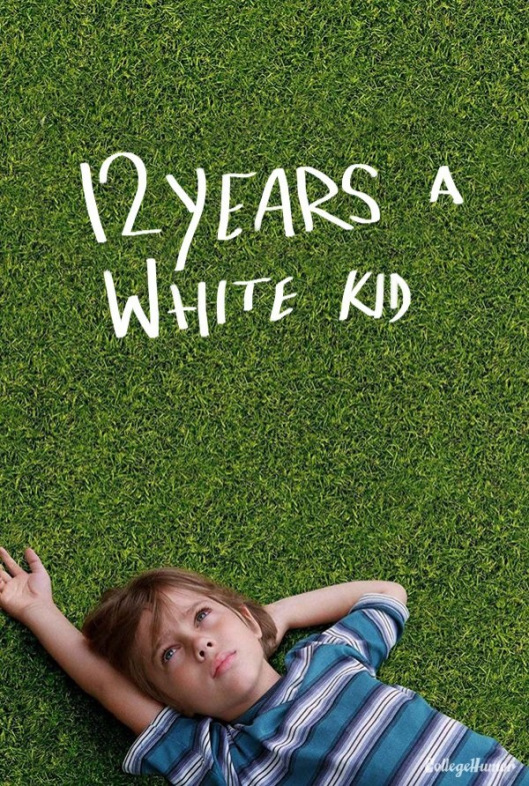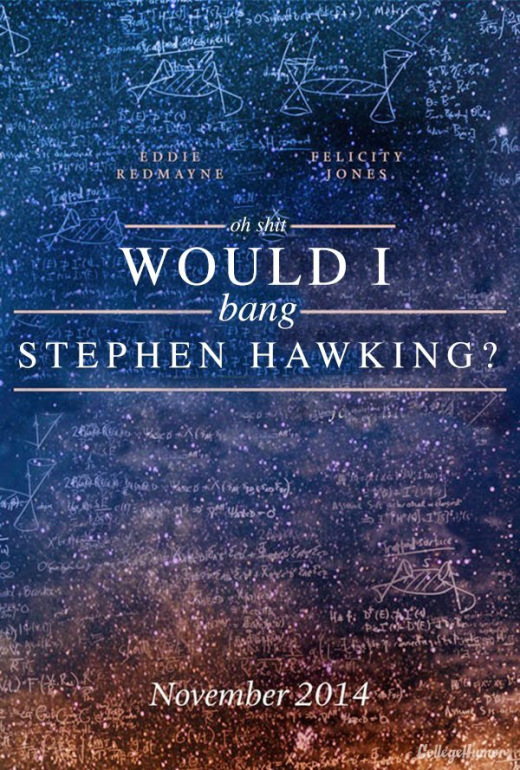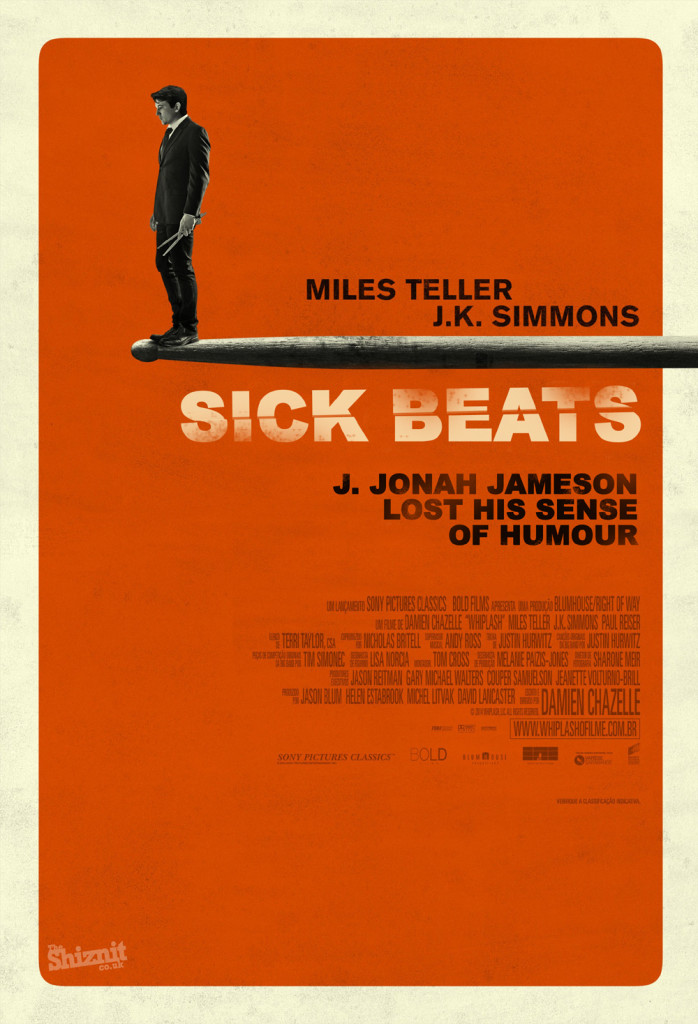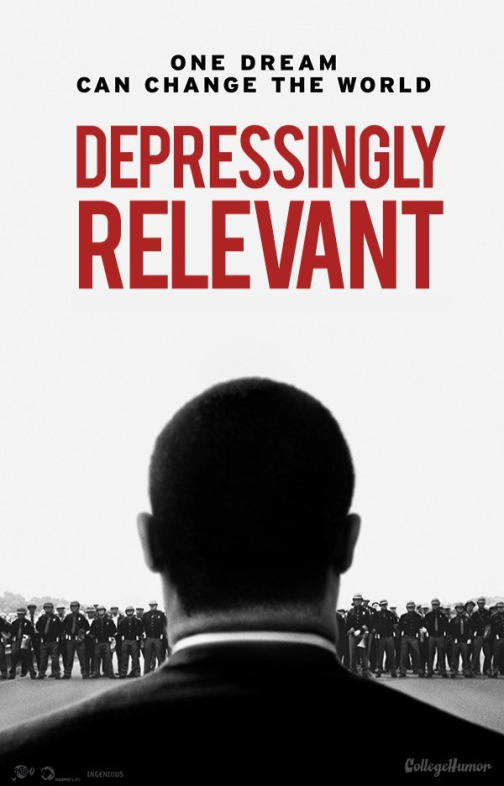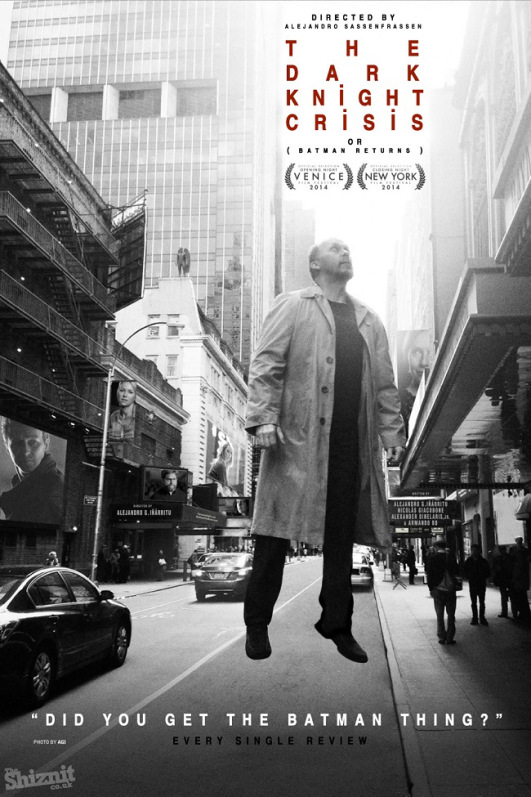Hi, and welcome to Writers’ Circle Confidential, the place to go for a look into the bizarre, chaotic, and hopefully entertaining shenanigans that happened behind the scenes of the hilarious new webseries Writers’ Circle. Which, yes, I was involved with, now that you mention it. Joining me this week, in the form of a series of italicized interjections, is co-executive producer and director of photography Ian Pond, who regular readers may know as the “Ian” in “Dan and Ian Wander Europe,” still available on the YouTubes.
Making the Vicious Circle
We’re going to be talking about both of our launch episodes, starting with The Vicious Circle. So, if you haven’t watched it yet, what the hell has been keeping you here it is.
I was hoping to have covered this in Danny Writes Plays by now, but I’ve been lazy busy lately, so I’m afraid I’m still a few years short… I wrote the play Writers’ Circle way back in 2009, featuring the hijinks of Phil (from Two Guys, a Couch, and the Fate of the World and U-Boat of the Soul), Becky (also U-Boat), and Jeff (he was new). Four years later, I decided these characters were too much fun to confine into one three-hour play that a lot of people might not see, because you try to convince people to stage a three hour script that they’ve never heard of.
Ian: The napkin dispenser is from a play Keith Kollee directed. It was the simplest of props and yet took the most work to acquire for its 5 minutes of almost complete non-interaction. When it was repurposed for this show I added a piece of tape on the side that reads “Significant prop.”
There’s a lot in the play that doesn’t come up at all in season one of the series, and indeed may never come up, because the leads have gone off in very different directions. We can talk about all that when I finally do a “Dan Writes Plays” blog about the play. This episode, however, is the only one thus far to be taken from the original script.
Ian: Almost this entire episode is adapted from the opening scene of the original Writers Circle play by our head writer and EP Dan Gibbins.
Indeed it is, Mr. Pond. See, when I wrote the play, this scene was my intro to the characters. Throw the audience into a middle of an argument by these three friends who sometimes act like enemies, get them caught up in everything, and away we go. I have, in the months since, begun to wonder if it’s the best way to introduce the characters in the new format, a format which will not involve the audience spending three hours with the characters in one go… but in the end, it enabled us to work in something the play hadn’t needed but the series did: an inciting incident.
Ian: The sign on the glass door (barely visible) at the far end of the writers’ room leads to Ars Poetica magazine, the eponymous location of a play by Arthur Holden which Dan directed in 2012. It’s also the name of the magazine on the table whose cover is a photo by Tim Nguyen of Citrus Photography.
Ian explained it to me in Europe, while we were bouncing around having adventures and Keith, while still being lured into joining us, was stuck back in Canada as assitant director to a play by some schlub who– oh, yes, that was one of mine, wasn’t it… Anyway. He explained that sitcoms typically kicked off by adding a new character that helped explain the status quo to the audience. We, the viewers, learn about the setting and characters because we get to view them through the eyes of the newcomer. Cheers started with Diane arriving at the bar and taking a job there; we learned all about struggling radio station WKRP in Cincinnati by watching Andy Travis’ first day running it; Brooklyn 99 opens with the arrival of a new captain; 30 Rock began with the arrival of Jack Donaghy. So what we needed was something to put events in motion and result in the arrival of a new member.
Ian: The poster above the couch is from the play Cry Havoc 3 which was in production during the filming of this episode and closed the day before Episode 1 first went live on YouTube on the 22nd of February, 2015. That play was directed by Aaron Conrad who plays Jeff Winnick. His face is also on the poster. It was decided this poster would make sense since Jeff is a huge narcisist who would probably keep a poster of a play he was involved in if it had a giant picture of his head.
Hence creating/killing Brent Lambert, group founder and role model to the cast. Also, the existence of Brent gave us a basic throughline to follow: each of the writers are trying to be the person Brent believed they could be, and are encouraging each other to do so by–well, let’s say you’ll see next week. When we’ll also discuss “introducing the characters” more.
Ian: Aaron is pouring real booze into his coffee. Actually I’m pretty sure there was no coffee in that cup. Pretty sure he was just drinking rum.
This was actually one of the last episodes we shot. Shooting over July and August (and not offering money up front) meant that we were competing with a lot, and I mean a lot, of conflicting vacations, so getting Ryan, Steph, and Aaron in the same room was… challenging. Will it be less so in season two? How the hell should we know? Keep watching season one, I don’t even know why we’re talking about season two this early. Who brought it up? Was it Ian?
Ian: The scripts in front of Phil were actually script pages from old drafts of
other episodes of this series.
Funeral for a Friend
At one point this episode was called “Three Writers and a Funeral.” And then at some point, a switch flicked in my head, and without me even realizing it had happened, the title changed to “Funeral for a Friend,” same as the second act of the 1990s Death of Superman story. I suppose we should consider ourselves lucky that we’re not doing “Reign of the SuperBrents.”
I have another project in mind, a superhero-style story, in which all episode titles are somehow a reference to other superhero movies, comics, or lore. But we’re not talking about that until I figure out how to pay for it.
Ian: The funeral scene was shot at the home of a woman named Terry Ann who haslong been a supporter of our theatre company. She is also the mother of Sean Broadhurst, who played Jeff in the original stage play.
It is an ambition of mine to get Sean Broadhurst into this series, as he’s one of the funniest men on the planet, but he is really committed to this whole “Living in Hong Kong” thing.
Ian: Whereas the rest of the funeral is shot at one location, the scene where Tina scolds the trio at the end is shot at Matt Pickering’s house. Matt was the original production manager and first AD before he had to back out and have Daisy Pond take over.
I’m not gonna lie to you. It’s only been recently that we behind the scenes figured out what the hell Phil and Becky are talking about at the top of the episode. “Preeing?” Is that what she says? Apparently that’s a thing. Anyway, I mention this because it became policy in season one that we’d never yell “cut” when the planned shot was over. We’d just sit back and see what happened when we let Stephanie just… go. This is a fine example.
Ian: This episode, while being the second one released, has the last shot taken of the season. In fact it was done twice. The shot is the close up of the urn and photo of Brent. The first time it was shot their positions were flipped. Upon discovery of this error, several months into post production, I had to reacquire the props, return to the location and redo the shot. It took less than 10 minutes to execute (including a beer) but about a week to coordinate.
That goddamn shot.
As we ramped up to release the first two episodes in the weeks following our launch party (where we got the chance to watch the first four episodes with a crowd), my one thought was “Swear to god, Pond, if I see the word ‘Placeholder’ over that urn one more goddamn time…”
Ian: While all the extras were cast basically by calling in random people we know from our day jobs and from community theatre, it turns out that Ryan, who plays Phil, had long ago actually dated Jemma, who plays the long haired blonde he’s hitting on/traumatising with serial killer talk.
So watch the episode again and marinate on that. Marinate on staring your ex-girlfriend in the eye and implying she was going to be serial killed, possibly by yourself or Jeff Winnick.
Fun fact: I played Phil Payton myself, or the earlier versions of him, on three occasions: twice in Two Guys, and once in U-Boat. But by the time Writers’ Circle happened, I felt it was time for that baton to be passed. Partially because I directed the play myself. Keith and I never even considered playing roles in the series. I mention this to underline how weird it felt being an extra at that funeral. Hopefully I get used to it, though, because I have plans that require Keith and I to be in the background many more times.
Ian: Upon his entrance to the bedroom where the trio are being scolded, Aaron walks through the door making a hand gesture to the camera that cements him as one of the worst people in history. It is not the last time he does it over the series. That hand gesture became the unofficial “gang sign” of the series that I reject to this day.
… I dunno, Pond, feels like mentioning it is just giving him all the power. Just sayin’.
We ran out of time for this shot when we did the rest of the funeral. Not being able to pay overtime means our delightful Production Manager, Daisy, ruthlessly enforces the planned wrap times. It was a distinct challenge coming back to this somewhere around a month later and trying to recreate everyone’s look as we got the last shot in a totally different house.
Also, flirting tourette’s is real. One of our cast suffers from it. We’re searching for a cure, but the science is ahead of the funding. Also he claims he “doesn’t need to be cured.” Sure thing, guy. Sure thing.
Ian: Patrick Fitzsimmons, the bearded young man that Becky, played by Steph Morris, is going on at length to turns in a great performance of someone forced to patiently/incredulously listen to a hugely inappropriate diatribe. Too good, in fact. Almost all of his best reactions were cut so we could keep focus on Becky who was also turning in a performance too good to miss.
Damn that Steph Morris, always force feeding us gold.
Coming next week: the group gets a new member in “Brent’s Non-replacement.” Watch the episode Thursday, and then join me here on Friday, where we’ll be discussing “Super-fun-happy-good-times Week.”
That was not what everyone called it.

